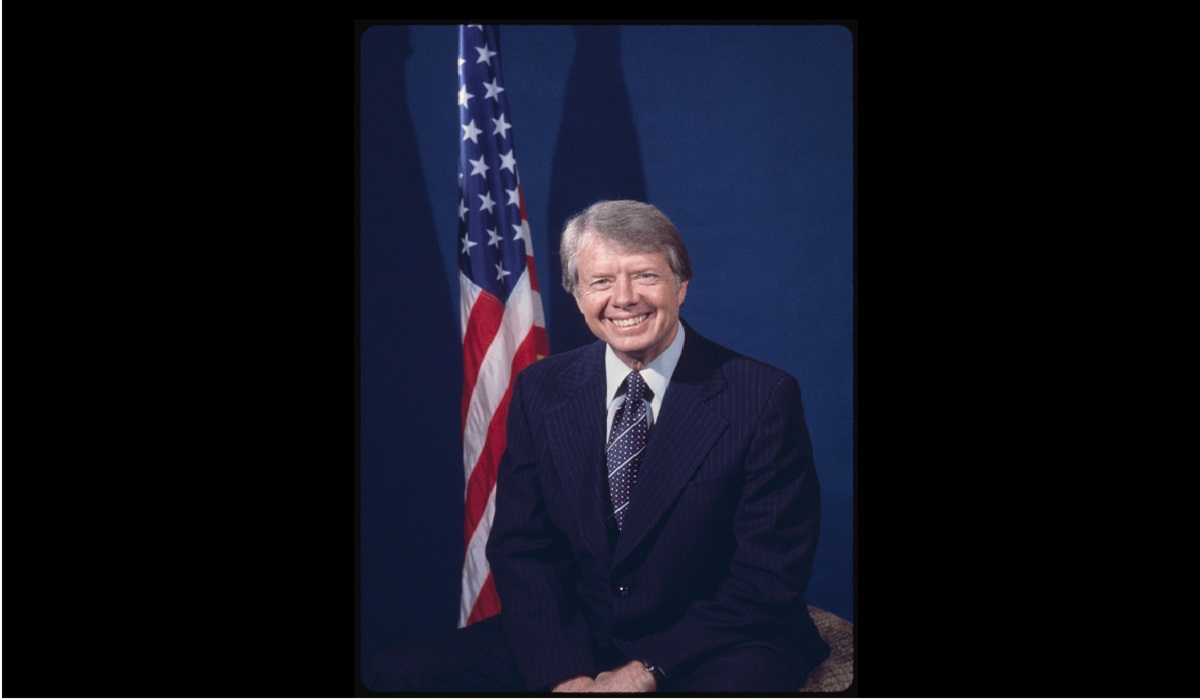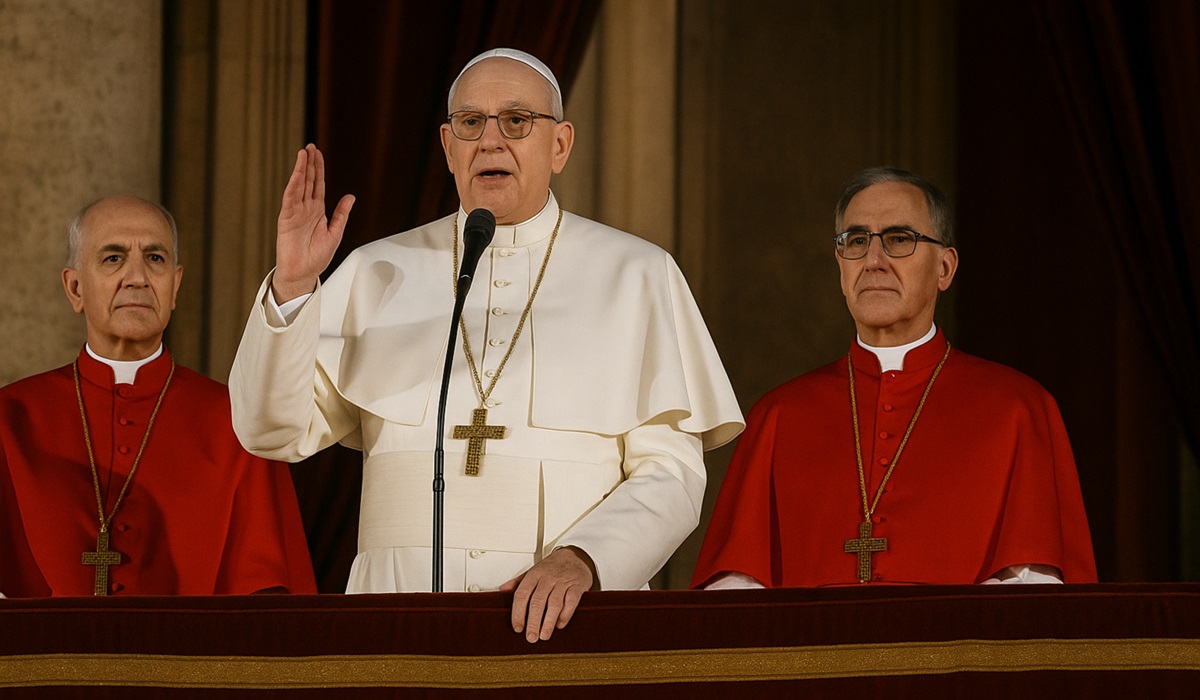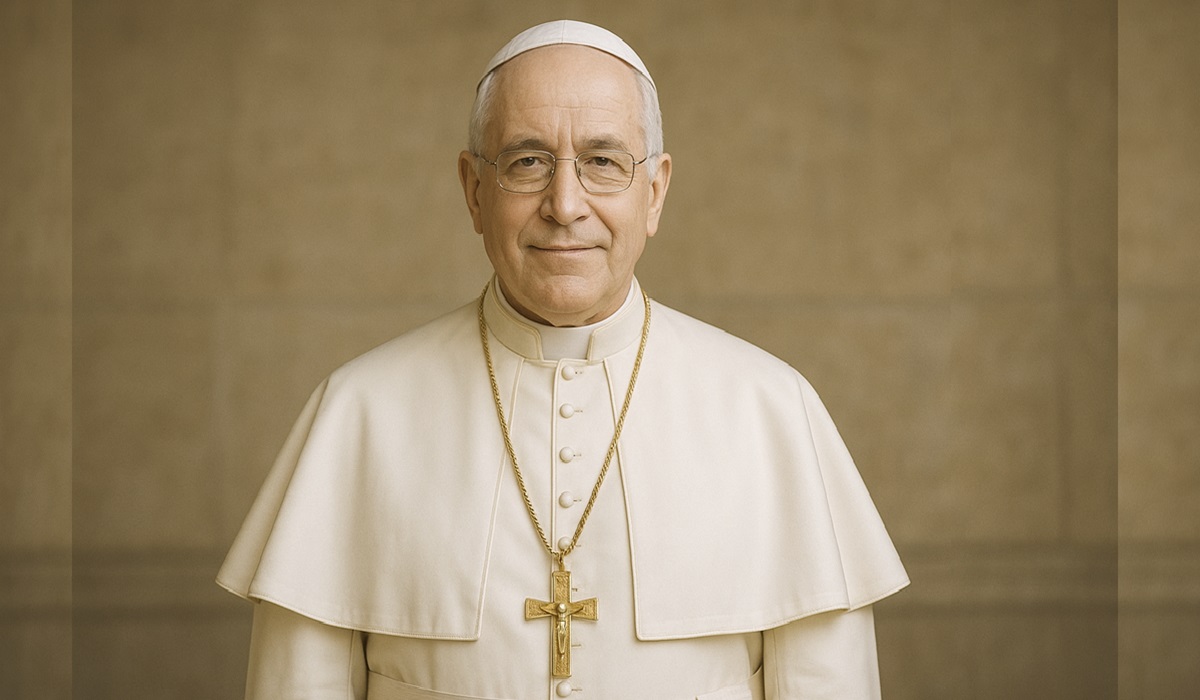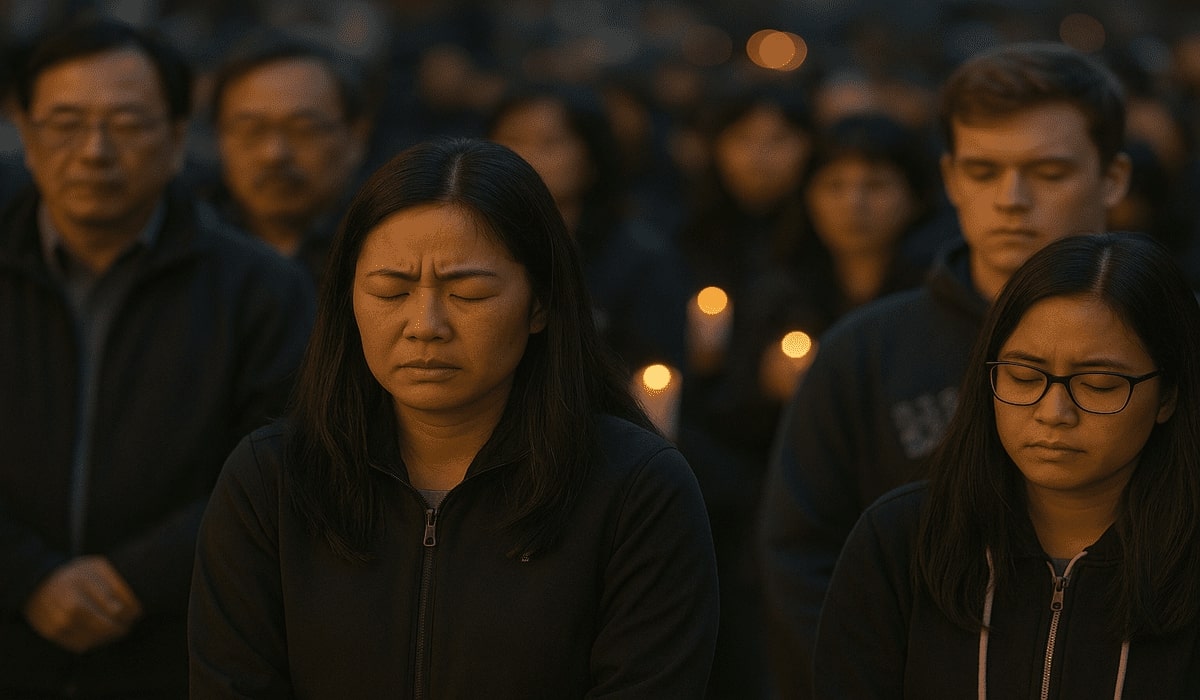Jimmy Carter, Former U.S. President and Humanitarian, Dies at 100
- TDS News
- Breaking News
- December 30, 2024

Image Credit, Library of Congress
Jimmy Carter, the 39th President of the United States and a globally admired humanitarian, passed away at the age of 100. Carter, whose presidency from 1977 to 1981 was marked by efforts to promote peace and human rights, left an indelible legacy far beyond his time in the White House. He passed away peacefully at his home in Plains, Georgia, surrounded by family and loved ones.
Born on October 1, 1924, in Plains, Carter rose from humble beginnings to the pinnacle of American politics. After graduating from the U.S. Naval Academy, he served as a naval officer before returning to Georgia to manage his family’s peanut farm. A devout Baptist, his faith and commitment to public service became central themes of his life.
Carter’s political career began in the Georgia State Senate, and he later served as the state’s governor. In 1976, he mounted an improbable bid for the presidency, campaigning as a Washington outsider who promised honesty and transparency in government. His win over incumbent Gerald Ford brought hope to a nation disillusioned by the Watergate scandal.
Carter’s presidency was a mixed legacy. He achieved notable foreign policy successes, including brokering the Camp David Accords between Egypt and Israel, which remains one of the most significant peace agreements in modern history. He also established the Department of Energy and Department of Education, emphasized environmental conservation, and advocated for human rights worldwide. However, his administration faced significant challenges, including a struggling economy, the energy crisis, and the Iran hostage situation, which overshadowed his re-election bid in 1980.
After leaving the presidency, Carter embarked on an extraordinary second act that earned him universal acclaim. Through the Carter Center, which he co-founded with his wife Rosalynn in 1982, he dedicated his life to advancing democracy, fighting diseases like Guinea worm and malaria, and monitoring elections in emerging democracies. His post-presidency was a model of public service, earning him the Nobel Peace Prize in 2002.
Carter’s personal life was equally inspiring. His 77-year marriage to Rosalynn was a testament to enduring partnership and mutual respect. Together, they championed causes from mental health awareness to global humanitarian efforts.
As news of his passing spread, tributes poured in from around the world, celebrating his unwavering commitment to peace, equity, and justice. President Joe Biden called him “an American original” whose “compassion and humility reshaped the possibilities of a life well-lived.” Former presidents lauded him as a role model for selfless service and a moral compass in times of division.
Jimmy Carter’s legacy transcends political and geographic boundaries. He demonstrated that leadership is not confined to holding office but is a lifelong journey of service to humanity. His contributions to alleviating suffering and promoting peace will endure for generations, a beacon of hope in a world often in need of it.
In Plains, Georgia, where his journey began and ended, the world bids farewell to a man of extraordinary vision and character. Carter once said, “My faith demands that I do whatever I can, wherever I am, whenever I can, for as long as I can.” Few lives have lived up to that ethos so fully.
Jimmy Carter is survived by his children, grandchildren, and great-grandchildren, who carry forward his legacy of humility, resilience, and a tireless pursuit of the greater good.








